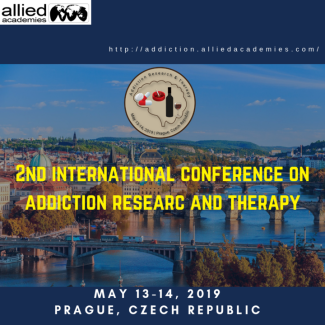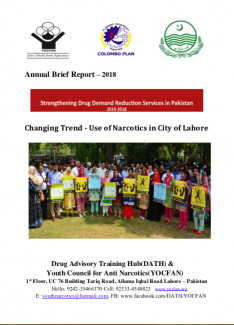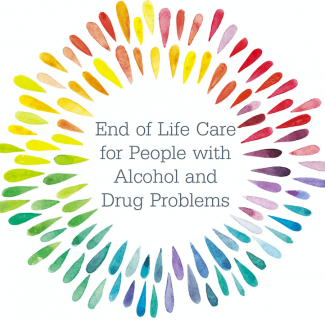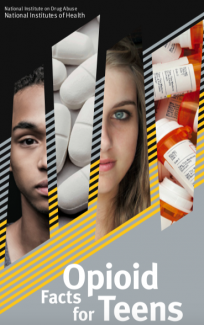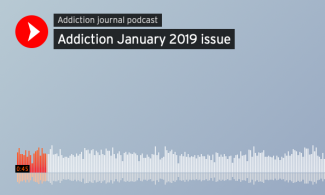Webinar: Implementing SBIRT in Rural Clinics: A How-to Guide
Many healthcare providers report that addressing alcohol and other drug problems is one of the most challenging areas of their practice. Providers are unsure how to address these issues, and yet they are in a prime position to reduce the...

